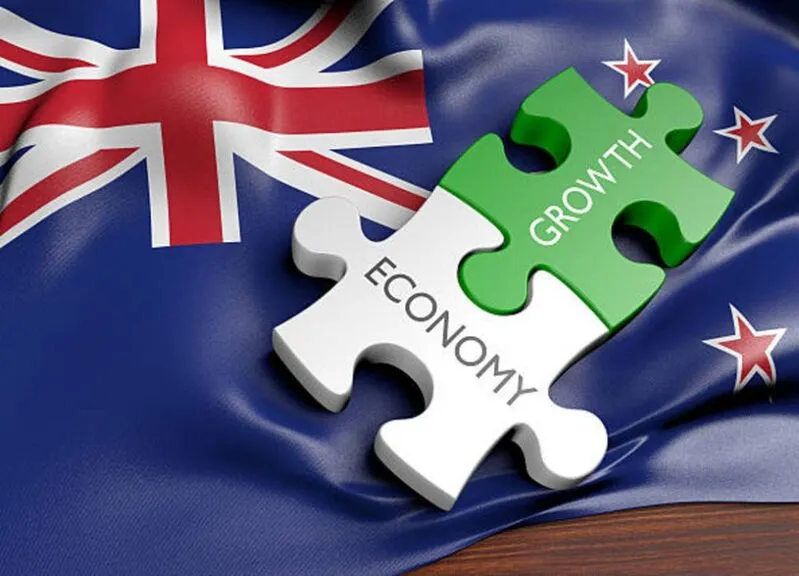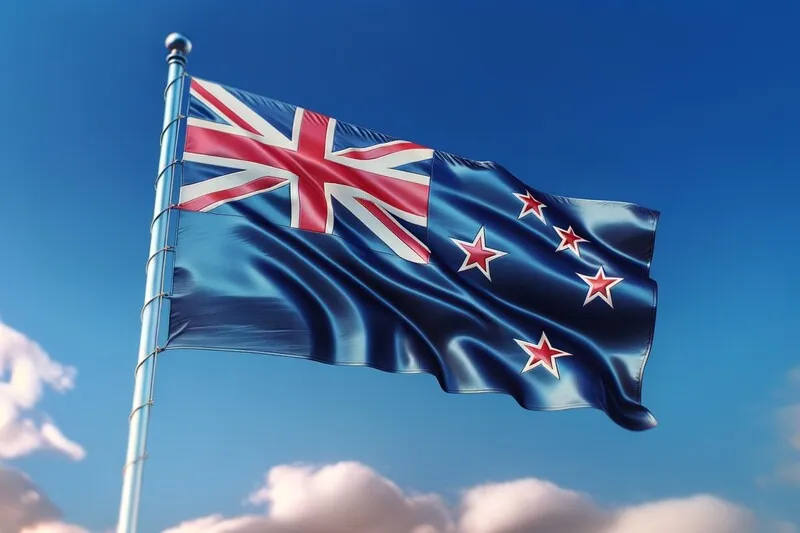Chris Ogden, Associate Professor in Global Studies from the University of Auckland, has called for New Zealand to apply for BRICS membership. The shift in approach comes as US President Donald Trump imposes sweeping tariffs on over 185 countries. US allies are now looking to cozy up to China to safeguard their economies from uncertainties. Trade wars are forcing both developed and developing countries to realign their foreign policies.
Also Read: China Invests $10B in South Africa, Launching BRICS “Silicon Valley”
New Zealand Must Join BRICS, Says Chris Ogden

Ogden cited New Zealand’s stint with BRICS member China in 2015, where the island nation, along with other Western allies, joined the Beijing-inspired Asia Infrastructure Investment Bank. They joined the Free Trade Agreement with China and “didn’t suffer any adverse consequences,” he wrote. This could be the best opportunity for the island nation to join forces with the emerging multipolar world.
However, Ogden cautioned that New Zealand’s BRICS entry does not mean cozying up with Russia and Iran. As economist Stephen Onyeiwu wrote, “Most of the countries and partners in BRICS are either allies of Western countries or neutral on global issues. They are unlikely to support decisions or actions that are grossly inimical to Western interests.”
Also Read: Trump Can’t Stop This: BRICS Buys 60,000 Ounces of Gold To Hammer USD
Also, Ogden called for New Zealand to ignore Russia and Iran, while other BRICS countries have more to offer. “Given the current geopolitical situation, New Zealand may well baulk at closer ties with Russia and Iran. But being inside the forum would also allow diplomatic opportunities to press other member states over their actions or policies,” he said.
Therefore, the ideology is perfect for New Zealand to be a part of the BRICS machinery and not be anti-West. Ogden called the island nation to be open to changes and apply to be a part of the alliance. New Zealand must “spread its diplomatic wings and prepare for a future in which Asia and the Indo-Pacific, already the world’s largest economic and military region, will only become more powerful,” he summed it up.






